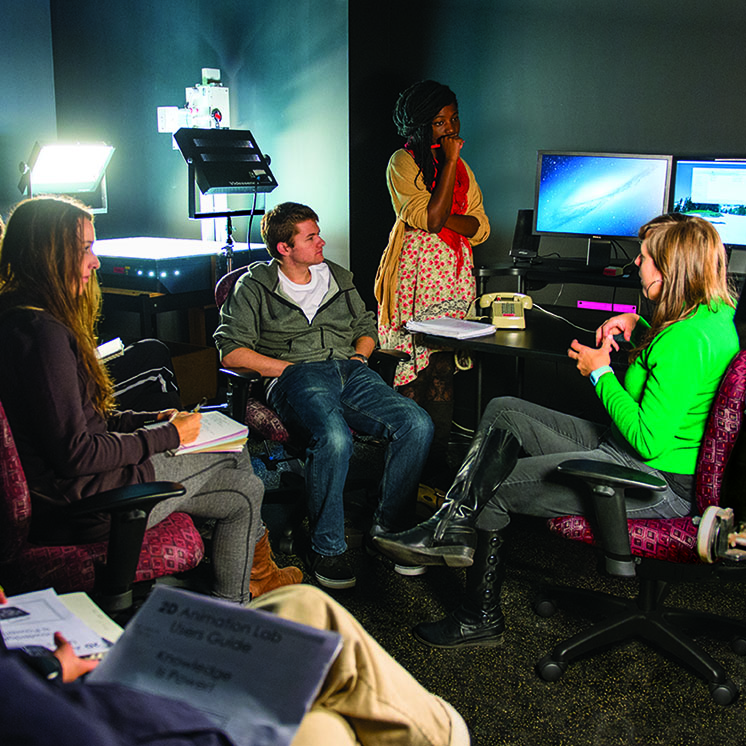The African American Experience
REVISED
Fall 2015 quarter
Taught by


The ascension of Barack Obama, the first Black President, prompted many conservative and liberal commentators to proclaim the United States to be a “post-racial” society; racial equality will be the new norm. Yet since the 2008 election, African Americans are still incarcerated at a higher rate than whites, they continue to be victims of police shootings at a disproportionate rate, the wealth and income disparities between Blacks and whites remains, and negative constructions of the realities of Blacks still persists. Today, 150 years after emancipation, 50 years after the civil rights movement, and after the election of Obama, there continues to be a significant racial divide in the United States. Why do deep racial divisions persist? Why do they persist even though skin color differences correlate to geography and the sun’s ultraviolet light, and there is no biological basis for the constructed categories of “Black,” “White,” “Asian,” “Latino” and “Native American”? How, then, is race constructed? And why were the categories of race developed with some groups having greater privileges and rights than others?
In this program we will examine the legacies of our racial histories and how they continue to shape African American realities, how racism persists in our “post racial world,” and why being “color-blind” is not the antidote to racial discrimination. We will explore the concept of “blackness” as represented in films, literature, art and the media. We will explore how law has codified blackness. We will examine how the concept of “whiteness” has evolved over time in ways that reinforce and maintain racial categories. We will explore how race as a category has functioned in our economic system in ways that contribute to persistent inequalities in employment, income and accumulation of wealth.
We will approach the subject through the lenses of economics, political economy, media studies, history, and science. In the process, we will build our skills at visual literacy, quantitative reasoning, and critical analytical thinking. Throughout the quarter, we will ask: How can we study about, learn from, and engage across racial differences in non-dominating ways? We will develop frameworks and models useful for dismantling systems of racial power at the individual and collective levels.
Program Details
Fields of Study
Preparatory for studies or careers in
Location and Schedule
Campus location
Olympia
Schedule
Offered during: Day
Books
Online Learning
Revisions
| Date | Revision |
|---|---|
| June 2nd, 2015 | This program will accept students of all class levels (Freshmen through Seniors). |
 my.evergreen.edu
my.evergreen.edu

 Fall
Fall